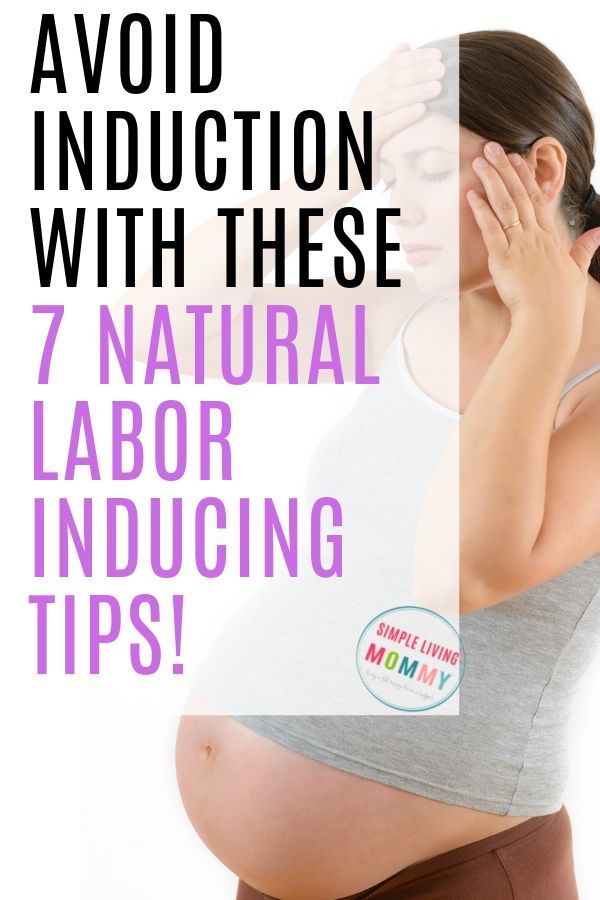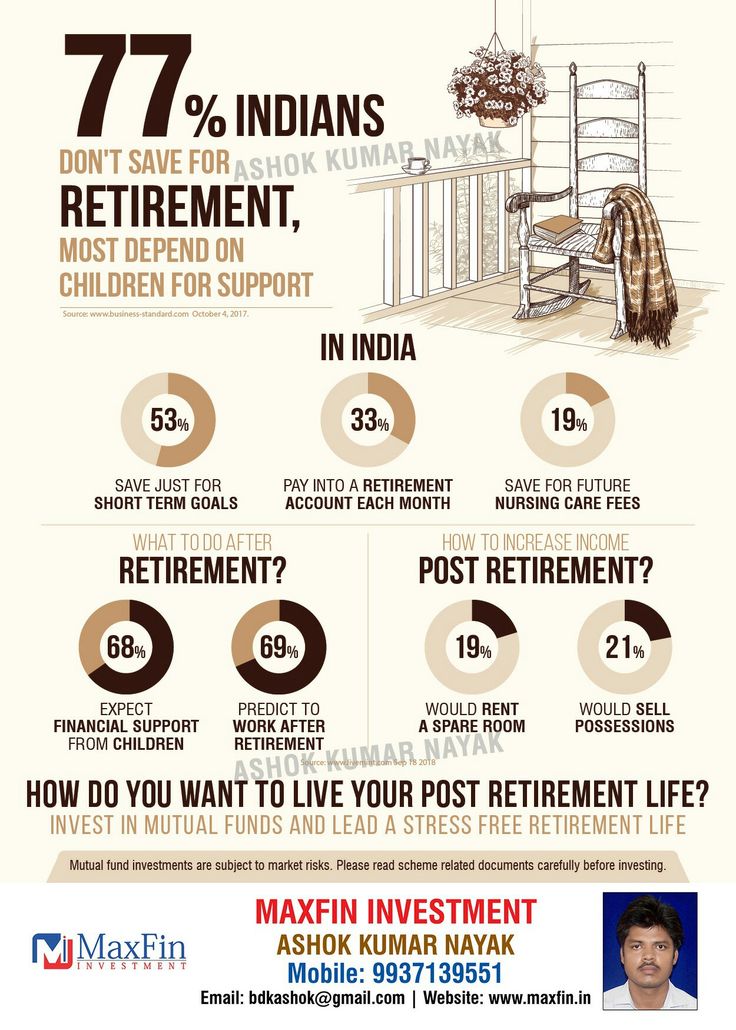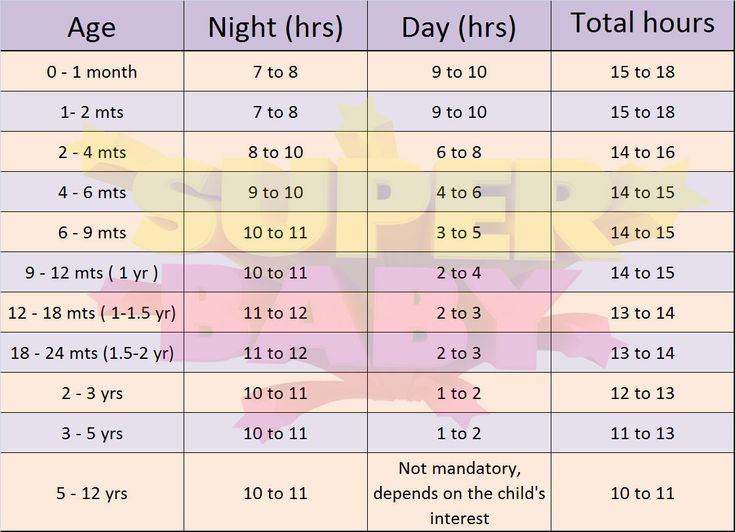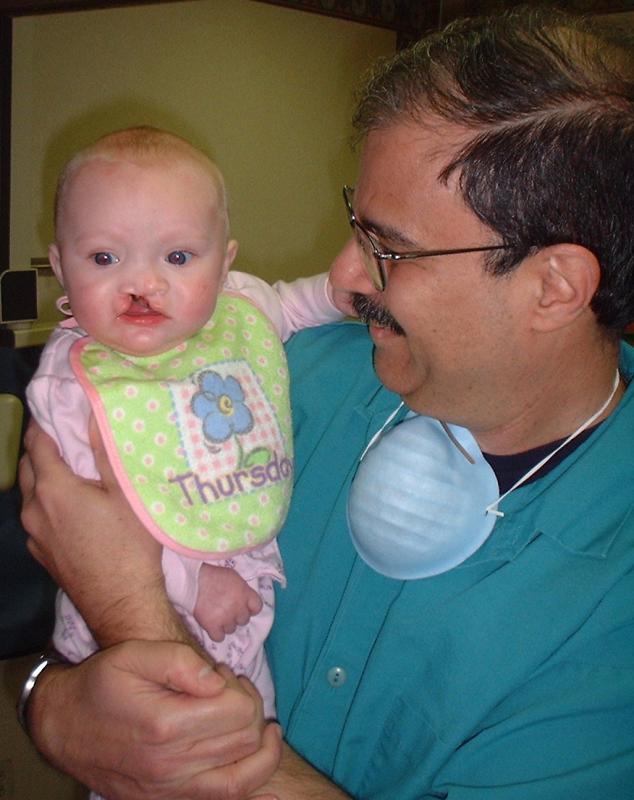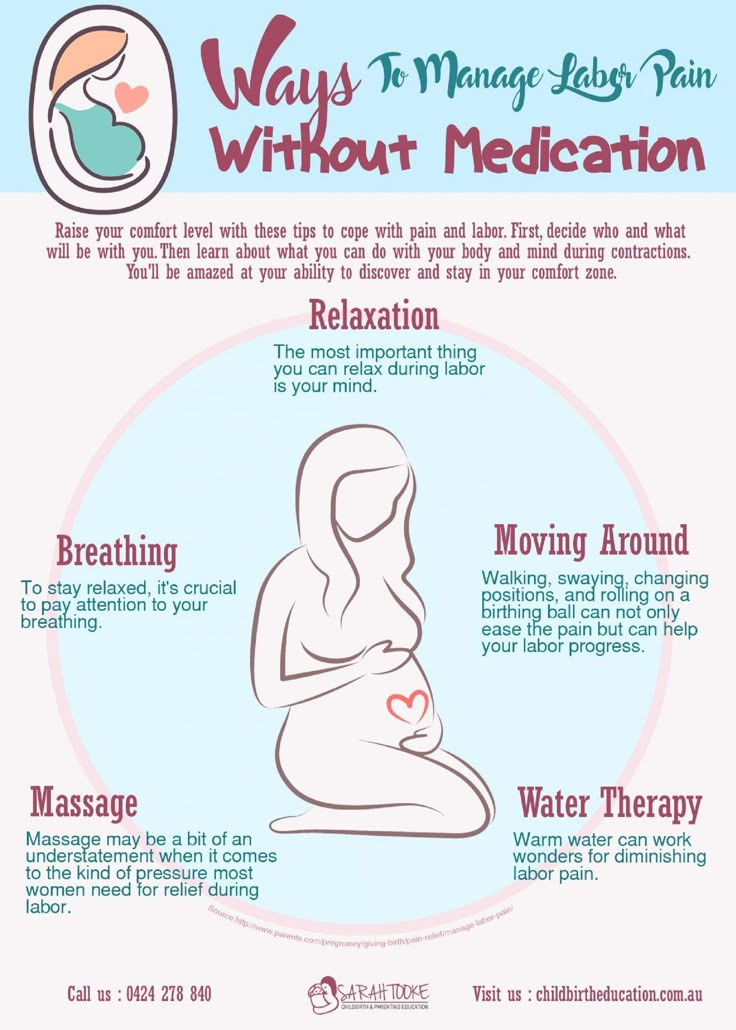Going to be a father
16 Ways to Get Ready
Whether you’re still dealing with the shock or you’ve been waiting for this moment for years, finding out you’re going to be a father is a life-defining moment. It’s normal to have a mixture of feelings, from pure joy to outright terror — even if this is something you’ve always wanted.
In all honesty, it’s hard to ever feel completely prepared to become a father. However, we’ve got some ideas for you as you await your little one’s birth and also to put into place in the exciting-yet-tiring, exhilarating-yet-exhausting months to follow!
You may not be the one who is physically carrying the baby, but that doesn’t mean you’re not a part of the pregnancy and birth experience. The same can go for those who are using a surrogate or adopting — there are definitely ways to feel involved.
Plenty of books out there are written for expectant fathers, but you don’t have to limit yourself to those. Join some online groups or sign up for a pregnancy newsletter.
If your partner is experiencing pregnancy symptoms, from morning sickness to heartburn, do some research. Understanding what they’re feeling can help you to better support them as they carry your child.
When the time for labor, birth, and caring for a newborn arrives, knowing what to expect can make the entire thing a much better experience. Read about vaginal and cesarean deliveries, breastfeeding, diaper changing, and more.
Before your baby arrives is a great time to focus on your own health. If you smoke, try to quit. Exposure to smoke during pregnancy has been shown to increase the risk of congenital heart defects in newborns.
How are your eating habits? Eating well now will help fuel your long days (and nights!) of new parenthood. If your diet could benefit from some small changes, consider these healthy swaps. Or add some fiber-rich and immune-boosting foods to your meals.
If it’s been a while, schedule an annual physical with your family doctor or internist. And find out if you’re up to date on all your vaccinations, like whooping cough.
And find out if you’re up to date on all your vaccinations, like whooping cough.
Now is a great time to start discussions about the kind of parents you plan to be. Are both of you all-in on breastfeeding? (Support from the father is critical to breastfeeding success!) Do you want the baby to sleep in a crib in their own room as soon as you get home? Will both of you be working? What are your plans for childcare?
Remember that these things are still theoretical for both of you. Once the baby arrives your feelings may change. Breastfeeding might be more challenging than you had hoped or you may want to rethink your feelings about cloth diapering.
There are also discussions that won’t be relevant just yet, but they are important nonetheless. Discussing discipline, including things like spanking, should happen before your child becomes a feisty toddler. Beginning the discussion now opens those lines of communication and helps you to get on the same parenting page.
Speaking of being on the same page, now is the time to start thinking of yourselves as a team. You, your co-parent, and your baby are linked for life, even if your romantic relationship with your co-parent doesn’t continue. It’s a good idea to start viewing everything through that lens and letting go of keeping score as if you’re in a competition.
You, your co-parent, and your baby are linked for life, even if your romantic relationship with your co-parent doesn’t continue. It’s a good idea to start viewing everything through that lens and letting go of keeping score as if you’re in a competition.
If the person carrying your child is feeling exhausted and dealing with morning sickness, helping them out is also helping you and your baby. Feeding them what they are able to eat, picking up the slack on housekeeping, or making sure to check in on them every day are some ways you can support your common purpose — caring for your family.
Not everyone has a great relationship with their own father. If you’re lucky enough to have a great dad of your own, you may want to be just like him — and that’s wonderful.
If your own dad left a lot to be desired you may feel nervous about your own role as a father. The great news is that you get to decide how you approach parenthood.
Find your own fatherhood role models. You’re creating this role from scratch and it’s up to you to decide how you want it to look.
On that note, it’s great to find some other fathers for your friend group. Having someone familiar with the challenges of parenthood gives you an outlet and a place to ask questions, vent, or commiserate about the experience of becoming a dad.
There are online groups, church groups, and groups you can find through your doctor or hospital.
Prenatal appointments are a great way to get excited about the pregnancy. Of course there is the experience of seeing your baby-to-be on ultrasound, but even the other routine checks can help you to connect with the pregnancy and learn more about what to expect.
You have an opportunity to ask your own questions, find out what your partner is experiencing, and learn more about your baby’s development.
While work schedules and other challenges may prevent you from attending every appointment, talk to your co-parent about creating a schedule that allows you to be there as much as possible. This can continue when the baby is the one scheduled for newborn checkups.
Becoming a parent can definitely have an effect on your sex life. From the first moment you learn your partner is expecting you might feel a range of emotions — intensely connected to them and craving the intimacy of sex, nervous about doing anything that may affect the pregnancy, or simply… confused. This is another place where open communication is key.
You’ll hear many jokes about how your sex life is over, or about the changes that happen to the body during pregnancy. These comments aren’t helpful and ignore the emotional complexity of sex and parenthood.
The reality is that sex after pregnancy will take time — and we’re not just talking the 6-week recovery that is suggested for physical healing after labor and delivery.
It’s important to be sensitive to all the changes you’re both going through — lack of sleep, breastfeeding, the emotional impact of having a newborn — and to communicate with your partner about their needs and your own when it comes to intimacy and sex.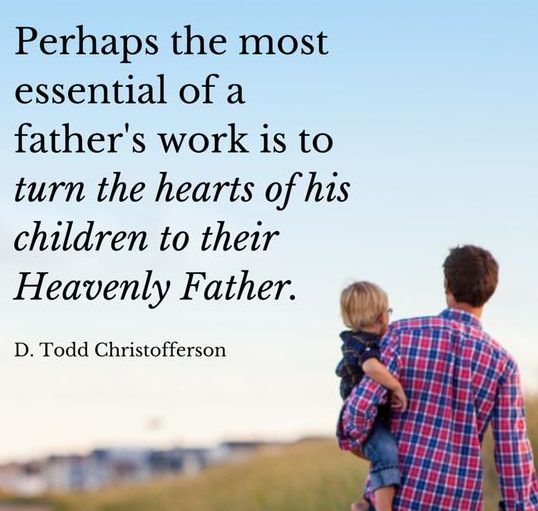
But sex after a baby can be even better. You’re connected in ways you never have been and the shared experience of becoming parents can bring many couples even closer.
Often the progress of pregnancy and the celebrations like baby showers are focused on the pregnant person, but you are part of this too.
Consider hosting a co-ed shower so that you can be part of the fun. Go shopping with your partner to choose items for your baby. Keep a journal about how you’re feeling. Take lots of pictures of you throughout the pregnancy as well. Documenting these life changes is just as important for you!
There’s a lot to do to prepare for a new arrival. It’s definitely not just about carrying the baby. Creating a registry, preparing a space, saving money, researching child care, and so many more items will need to be tackled to prepare for your newborn.
You may find that you enjoy being part of all the tasks or that you’re better suited to handling only certain aspects. Look for many ways to be involved in getting ready for your new arrival.
Look for many ways to be involved in getting ready for your new arrival.
A few suggestions:
- learn how to install and use the car seat (and volunteer to teach others)
- make phone calls about childcare or insurance
- put together furniture or paint the room
- research the best baby carriers or formula
- take a class on birth or breastfeeding with your partner
- talk to your employer about your leave options
- pack the hospital bag
A new baby can bring about the best — and worst — in people. Remember that talk about your team? It’s you, your co-parent, and your new baby.
It’s up to your team to decide on things like who attends the birth, how soon you welcome guests, and a million other decisions you’ll make together. If family or friends question your choices it’s important that you speak up.
Remember that it’s healthy and normal to set boundaries. If you want to celebrate the birth by inviting everyone you know to your home in the days after your baby’s arrival that is great.
But if you want to limit visitors and spend some time alone as a family that is equally great. You can be the one to let others know what you will — and won’t — be doing as a family.
Not just in family situations. This may mean speaking up to ask questions at appointments or during labor. This could mean doing what you can to support them in their decision to return to work — or their decision to stay at home.
This may also mean looking for signs of postpartum depression and helping them to get the right professional help. You’re a powerful force in supporting their health. And having two healthy parents is good for your baby.
We talked about this through pregnancy, but make sure that you continue to stay involved when the baby arrives. It is easy for fathers to feel left out in the early days, especially if the other parent is breastfeeding. You may feel like your role isn’t as important — but it is.
Ways to care for your newborn:
- change diapers — not just during the day, but at middle of the night wakings
- give baths
- spend time skin-to-skin to help establish a secure attachment
- read to your baby
- choose a special song to sing at bedtime
- bottle feed (or if baby is exclusively breastfed, be the burper or care for them pre- and post-mealtime)
- bring your co-parent drinks and snacks
- take on chores like dishes and laundry; you can baby wear while you do many things around the house!
Parenting is messy. It’s hard and complicated and exhausting. But it’s also fun and exciting and rewarding. The key to getting through the moments — both the good and the bad — is being able to laugh. When you haven’t slept enough and every diaper seems to be a blowout and you accidentally pour breast milk into your coffee your ability to laugh will carry you through the challenges.
It’s hard and complicated and exhausting. But it’s also fun and exciting and rewarding. The key to getting through the moments — both the good and the bad — is being able to laugh. When you haven’t slept enough and every diaper seems to be a blowout and you accidentally pour breast milk into your coffee your ability to laugh will carry you through the challenges.
Your partner needs sleep. You need sleep. Your baby needs sleep.
There are many approaches to sleep and it may take some trial and error to find the right way for your family. What is important is that everyone is getting sleep. You may have to work tomorrow, but so does your co-parent.
Sleep in shifts, take naps whenever you can, divide and conquer to take care of chores and responsibilities that need to get done so the other person can get a break. Whatever you do, make sure that everyone in the house has a chance to sleep.
There will be many phases of your little one’s life. Sometimes you may feel disconnected or less important.
It can be difficult to return to work or to feel like the secondary caregiver. But working outside the house for work doesn’t make you a bad father — you’re providing for your family.
Trust us, you’ll definitely have moments to shine, for example, when your little one says “dada” or holds your finger the first time. Or when you’re the only person they want to tuck them in or sing their special song.
Fatherhood is about being in it for the long haul. Your presence in their life is a gift you give them — and yourself — every day.
16 Ways to Get Ready
Whether you’re still dealing with the shock or you’ve been waiting for this moment for years, finding out you’re going to be a father is a life-defining moment. It’s normal to have a mixture of feelings, from pure joy to outright terror — even if this is something you’ve always wanted.
In all honesty, it’s hard to ever feel completely prepared to become a father. However, we’ve got some ideas for you as you await your little one’s birth and also to put into place in the exciting-yet-tiring, exhilarating-yet-exhausting months to follow!
You may not be the one who is physically carrying the baby, but that doesn’t mean you’re not a part of the pregnancy and birth experience. The same can go for those who are using a surrogate or adopting — there are definitely ways to feel involved.
The same can go for those who are using a surrogate or adopting — there are definitely ways to feel involved.
Plenty of books out there are written for expectant fathers, but you don’t have to limit yourself to those. Join some online groups or sign up for a pregnancy newsletter.
If your partner is experiencing pregnancy symptoms, from morning sickness to heartburn, do some research. Understanding what they’re feeling can help you to better support them as they carry your child.
When the time for labor, birth, and caring for a newborn arrives, knowing what to expect can make the entire thing a much better experience. Read about vaginal and cesarean deliveries, breastfeeding, diaper changing, and more.
Before your baby arrives is a great time to focus on your own health. If you smoke, try to quit. Exposure to smoke during pregnancy has been shown to increase the risk of congenital heart defects in newborns.
How are your eating habits? Eating well now will help fuel your long days (and nights!) of new parenthood. If your diet could benefit from some small changes, consider these healthy swaps. Or add some fiber-rich and immune-boosting foods to your meals.
If your diet could benefit from some small changes, consider these healthy swaps. Or add some fiber-rich and immune-boosting foods to your meals.
If it’s been a while, schedule an annual physical with your family doctor or internist. And find out if you’re up to date on all your vaccinations, like whooping cough.
Now is a great time to start discussions about the kind of parents you plan to be. Are both of you all-in on breastfeeding? (Support from the father is critical to breastfeeding success!) Do you want the baby to sleep in a crib in their own room as soon as you get home? Will both of you be working? What are your plans for childcare?
Remember that these things are still theoretical for both of you. Once the baby arrives your feelings may change. Breastfeeding might be more challenging than you had hoped or you may want to rethink your feelings about cloth diapering.
There are also discussions that won’t be relevant just yet, but they are important nonetheless. Discussing discipline, including things like spanking, should happen before your child becomes a feisty toddler. Beginning the discussion now opens those lines of communication and helps you to get on the same parenting page.
Discussing discipline, including things like spanking, should happen before your child becomes a feisty toddler. Beginning the discussion now opens those lines of communication and helps you to get on the same parenting page.
Speaking of being on the same page, now is the time to start thinking of yourselves as a team. You, your co-parent, and your baby are linked for life, even if your romantic relationship with your co-parent doesn’t continue. It’s a good idea to start viewing everything through that lens and letting go of keeping score as if you’re in a competition.
If the person carrying your child is feeling exhausted and dealing with morning sickness, helping them out is also helping you and your baby. Feeding them what they are able to eat, picking up the slack on housekeeping, or making sure to check in on them every day are some ways you can support your common purpose — caring for your family.
Not everyone has a great relationship with their own father. If you’re lucky enough to have a great dad of your own, you may want to be just like him — and that’s wonderful.
If your own dad left a lot to be desired you may feel nervous about your own role as a father. The great news is that you get to decide how you approach parenthood.
Find your own fatherhood role models. You’re creating this role from scratch and it’s up to you to decide how you want it to look.
On that note, it’s great to find some other fathers for your friend group. Having someone familiar with the challenges of parenthood gives you an outlet and a place to ask questions, vent, or commiserate about the experience of becoming a dad.
There are online groups, church groups, and groups you can find through your doctor or hospital.
Prenatal appointments are a great way to get excited about the pregnancy. Of course there is the experience of seeing your baby-to-be on ultrasound, but even the other routine checks can help you to connect with the pregnancy and learn more about what to expect.
You have an opportunity to ask your own questions, find out what your partner is experiencing, and learn more about your baby’s development.
While work schedules and other challenges may prevent you from attending every appointment, talk to your co-parent about creating a schedule that allows you to be there as much as possible. This can continue when the baby is the one scheduled for newborn checkups.
Becoming a parent can definitely have an effect on your sex life. From the first moment you learn your partner is expecting you might feel a range of emotions — intensely connected to them and craving the intimacy of sex, nervous about doing anything that may affect the pregnancy, or simply… confused. This is another place where open communication is key.
You’ll hear many jokes about how your sex life is over, or about the changes that happen to the body during pregnancy. These comments aren’t helpful and ignore the emotional complexity of sex and parenthood.
The reality is that sex after pregnancy will take time — and we’re not just talking the 6-week recovery that is suggested for physical healing after labor and delivery.
It’s important to be sensitive to all the changes you’re both going through — lack of sleep, breastfeeding, the emotional impact of having a newborn — and to communicate with your partner about their needs and your own when it comes to intimacy and sex.
But sex after a baby can be even better. You’re connected in ways you never have been and the shared experience of becoming parents can bring many couples even closer.
Often the progress of pregnancy and the celebrations like baby showers are focused on the pregnant person, but you are part of this too.
Consider hosting a co-ed shower so that you can be part of the fun. Go shopping with your partner to choose items for your baby. Keep a journal about how you’re feeling. Take lots of pictures of you throughout the pregnancy as well. Documenting these life changes is just as important for you!
There’s a lot to do to prepare for a new arrival. It’s definitely not just about carrying the baby. Creating a registry, preparing a space, saving money, researching child care, and so many more items will need to be tackled to prepare for your newborn.
You may find that you enjoy being part of all the tasks or that you’re better suited to handling only certain aspects. Look for many ways to be involved in getting ready for your new arrival.
A few suggestions:
- learn how to install and use the car seat (and volunteer to teach others)
- make phone calls about childcare or insurance
- put together furniture or paint the room
- research the best baby carriers or formula
- take a class on birth or breastfeeding with your partner
- talk to your employer about your leave options
- pack the hospital bag
A new baby can bring about the best — and worst — in people. Remember that talk about your team? It’s you, your co-parent, and your new baby.
It’s up to your team to decide on things like who attends the birth, how soon you welcome guests, and a million other decisions you’ll make together. If family or friends question your choices it’s important that you speak up.
Remember that it’s healthy and normal to set boundaries. If you want to celebrate the birth by inviting everyone you know to your home in the days after your baby’s arrival that is great.
But if you want to limit visitors and spend some time alone as a family that is equally great. You can be the one to let others know what you will — and won’t — be doing as a family.
Not just in family situations. This may mean speaking up to ask questions at appointments or during labor. This could mean doing what you can to support them in their decision to return to work — or their decision to stay at home.
This may also mean looking for signs of postpartum depression and helping them to get the right professional help. You’re a powerful force in supporting their health. And having two healthy parents is good for your baby.
We talked about this through pregnancy, but make sure that you continue to stay involved when the baby arrives. It is easy for fathers to feel left out in the early days, especially if the other parent is breastfeeding. You may feel like your role isn’t as important — but it is.
You may feel like your role isn’t as important — but it is.
Ways to care for your newborn:
- change diapers — not just during the day, but at middle of the night wakings
- give baths
- spend time skin-to-skin to help establish a secure attachment
- read to your baby
- choose a special song to sing at bedtime
- bottle feed (or if baby is exclusively breastfed, be the burper or care for them pre- and post-mealtime)
- bring your co-parent drinks and snacks
- take on chores like dishes and laundry; you can baby wear while you do many things around the house!
Parenting is messy. It’s hard and complicated and exhausting. But it’s also fun and exciting and rewarding. The key to getting through the moments — both the good and the bad — is being able to laugh. When you haven’t slept enough and every diaper seems to be a blowout and you accidentally pour breast milk into your coffee your ability to laugh will carry you through the challenges.
Your partner needs sleep. You need sleep. Your baby needs sleep.
There are many approaches to sleep and it may take some trial and error to find the right way for your family. What is important is that everyone is getting sleep. You may have to work tomorrow, but so does your co-parent.
Sleep in shifts, take naps whenever you can, divide and conquer to take care of chores and responsibilities that need to get done so the other person can get a break. Whatever you do, make sure that everyone in the house has a chance to sleep.
There will be many phases of your little one’s life. Sometimes you may feel disconnected or less important.
It can be difficult to return to work or to feel like the secondary caregiver. But working outside the house for work doesn’t make you a bad father — you’re providing for your family.
Trust us, you’ll definitely have moments to shine, for example, when your little one says “dada” or holds your finger the first time. Or when you’re the only person they want to tuck them in or sing their special song.
Fatherhood is about being in it for the long haul. Your presence in their life is a gift you give them — and yourself — every day.
about important aspects of men's health - articles MEDI
It is said that in life a man must do three important things: build a house, plant a tree and give birth to a son. The decision to become a father is the most important moment in life. You can change jobs, move to a new place of residence and completely change your social circle, but a child is for life. His health will determine your attitude, his success will directly affect self-esteem, and the love of the baby will warm you every day, every minute, every second!
Preparation for conception is the foundation for the entire subsequent life of an adult man, which means that this period should be treated with the utmost responsibility.
One of my patients at the reception said: "Doctor, I want to become a father...". For me, being a father and being a dad are somewhat different concepts. Fatherhood is a biological concept, and being a dad is something more capacious, full of obligations, responsibility, but not devoid of sincerity and romance.
Fatherhood is a biological concept, and being a dad is something more capacious, full of obligations, responsibility, but not devoid of sincerity and romance.
For a woman, a visit to the gynecologist has become a routine, one might say mandatory process before planning a pregnancy. But two completely full-fledged cells take part in conception - the egg and the sperm, which means the quality of the hereditary material, the ability to conceive, which we call fertility, directly depends on the health of the future father.
Modern dangers for men's health
A man's health, and hence the qualitative and quantitative characteristics of the seminal fluid, its fertilizing ability, is influenced by numerous and varied factors. Have you ever wondered what we eat? What products are on our table, where do they come from and under what conditions are they grown? Why doesn’t milk spoil in the refrigerator for almost a week after opening, and butter doesn’t melt? What do those we eat eat? Where does the fish we eat swim and what does it eat? What are our products packaged in? What pitfalls for a man's reproductive potential are modern cosmetics, sunscreens, household chemicals? I'm not talking about what we drink in everyday life and what we breathe in the metropolis. ..
..
Urbanization, environmental factors, lifestyle and dietary habits, chronic diseases, medication, bad habits, stressful stimuli, harmful working conditions, such as chemicals, ionizing radiation, vibration, high temperatures - all this undoubtedly impairs the reproductive potential of the human body . And the male body is especially vulnerable to these influences.
Over the past 50 years, in many industrialized countries, the quality of sperm has deteriorated sharply in men. The average Western man produces half as much sperm as his father or grandfather. Studies in Denmark, Scotland and France show that sperm density in young men is lower than in older men. In some European countries, poor sperm quality affects one in three young men.
One of the most common causes of male infertility is the inflammatory process of the reproductive system.
Infections - it is important to detect in time
The high frequency of genital infections in marriage is due to the prevalence of the inflammatory process, the possibility of long-term asymptomatic lesions of the gonads and often having a chronic and recurrent course. Indirect signs indicating an infection of the genitals are changes in the normal volume of semen, impaired motility and agglutination of spermatozoa, deviations in the biochemical parameters of the secretion of the gonads. The infectious process and its complications can affect in isolation or sequentially various organs of the genitourinary system: the prostate gland, seminal vesicles, vas deferens, testicles and their appendages.
Indirect signs indicating an infection of the genitals are changes in the normal volume of semen, impaired motility and agglutination of spermatozoa, deviations in the biochemical parameters of the secretion of the gonads. The infectious process and its complications can affect in isolation or sequentially various organs of the genitourinary system: the prostate gland, seminal vesicles, vas deferens, testicles and their appendages.
Infection often leads to the occurrence of a chronic inflammatory process in the gonads, causing a toxic effect on the spermatogenic epithelium, a violation of the hematotesticular barrier, rheological properties and chemical components of seminal fluid, activation of the autoimmune process with the appearance of antisperm antibodies (ASAT). In the pathogenesis of inflammatory diseases, most often manifested in the form of prostatitis and vesiculitis, sexually transmitted infections (STIs) play an important role.
A high frequency of asymptomatic and subclinical forms of the inflammatory process caused by chlamydia, ureaplasmas and mycoplasmas has been established. Such forms of inflammatory diseases are the most dangerous in terms of infertility, because. years pass from the moment of infection to the visit to the doctor about the absence of children in the family. And all these years, the infection has not been diagnosed and treated. As a result, a violation of the reproductive function in men can be caused even by partial or complete obstruction of the vas deferens, and in women - obstruction of the fallopian tubes and adhesions in the small pelvis.
Such forms of inflammatory diseases are the most dangerous in terms of infertility, because. years pass from the moment of infection to the visit to the doctor about the absence of children in the family. And all these years, the infection has not been diagnosed and treated. As a result, a violation of the reproductive function in men can be caused even by partial or complete obstruction of the vas deferens, and in women - obstruction of the fallopian tubes and adhesions in the small pelvis.
Late fatherhood is a risk factor
Late fatherhood is not a new phenomenon. According to the biblical legend, the founder of the Jewish people, Abraham, became a father at the age of one hundred years, kings and royalty never denied themselves the joy of late fatherhood. Examples of our days: Nicolas Sarkozy (57 years old), Paul McCartney (61 years old), Valery Zolotukhin (70 years old), Oleg Tabakov (71 years old), Clint Eastwood (61 years old), Charlie Chaplin (73 years old).
Of course, there are undeniable advantages in late fatherhood. A man devotes more time to his family and child, sets priorities more clearly. As a rule, he has already reached certain heights in his career, built his own housing. In addition, mature fathers have the experience of previous marriages behind them, and often also adult children. It comes to understanding how much they have missed due to the career race and lack of time, and sometimes simply the lack of curiosity about children's life, which is characteristic of younger fathers.
A man devotes more time to his family and child, sets priorities more clearly. As a rule, he has already reached certain heights in his career, built his own housing. In addition, mature fathers have the experience of previous marriages behind them, and often also adult children. It comes to understanding how much they have missed due to the career race and lack of time, and sometimes simply the lack of curiosity about children's life, which is characteristic of younger fathers.
But late parenthood is a risk factor. If a parent has crossed the line of 50 years, this often leads to a violation of the child's chromosome set or hereditary diseases. In general, the risk of having unhealthy offspring in such fathers is higher than in those who are younger. With the division of spermatogenesis cells and the formation of new DNA chains, there is always a risk of a “breakage” of the gene. And the older the man, the greater this probability. Thus, a twenty-year-old father can pass on about 25 hereditary mutations, a thirty-six-year-old father 50, and a fifty-three-year-old father already about 100.
Of course, a gene mutation does not yet mean its obligatory defect associated with the subsequent illness of the child, but this is a serious risk factor. Older fathers are more likely to give birth to children with impaired skeletal and bone tissue formation. There is also a threat of development of mental disorders in children. According to the Lawrence Livermo California National Laboratory, the development of autism syndrome in children whose fathers are over fifty is twice as common as those whose fathers are not more than thirty years old.
And according to researchers from Tel Aviv University, fathers aged 55 and older are five times more likely to give birth to a child with Down syndrome, a 37% increased risk of manic-depressive psychosis in a child. Women who have a child whose father is older than 55 are twice as likely to have miscarriages and missed pregnancies. Of course, most children are still born healthy. But it is important to be aware of these risks as well.
Thus, almost every man in our time has a reason for early examination when planning the "heir". This is what will help to avoid severe, and sometimes irreparable consequences for the health of the unborn baby. The doctor's task is to carefully study your living conditions and professional environment, eating habits, and the presence of harmful chronic intoxications. Find out if they already have an impact on the reproductive sphere, and correctly and optimally prescribe an examination.
He and she - I WANT TO BECOME A FATHER
SPERM HEALTH
1. Quantity. The normal indicator of the number of spermatozoa per 1 ml of semen is about 20 million.
2. Quality. It is a normal indicator of sperm quality. the number of healthy (with an oval head and a long tail) spermatozoa is greater than or equal to half of the total number of spermatozoa.
3. Mobility. In healthy sperm, at least half of the sperm should be motile. Even in completely healthy semen, immobile spermatozoa are present, and this is normal.
WHAT AFFECTS SEMEN QUALITY?
BAD HABITS.
Alcohol, smoking, drug use. Only the rejection of bad habits can be a decisive factor in the normalization of spermatogenesis.
DEPRESSION AND STRESS
Stress is a proven factor in reducing sex hormones and sperm count in the ejaculate. Treatment of a stressful state should be based on the elimination of the cause of the disease and psychotherapy, but not drug treatment, because. one of the side effects of various antidepressants is the deterioration of sperm quality and sexual function in general.
OVERWEIGHT
Excess body weight is accompanied by the transition of the male sex hormone - testosterone to the female (estrogen), A pathological condition is considered to be a waist circumference of a man more than 94 cm. body temperature, for this they are taken out. Tight, tight men's underwear that presses the testicles against the body, creates excess heat and interferes with the production of sperm and testosterone. Men with infertility should avoid frequent visits to baths, steam rooms, hot baths. A long stay in a sitting position also leads to overheating, in addition, with constant sedentary work, blood circulation to the pelvic area is disturbed, which leads to a decrease in potency.
Men with infertility should avoid frequent visits to baths, steam rooms, hot baths. A long stay in a sitting position also leads to overheating, in addition, with constant sedentary work, blood circulation to the pelvic area is disturbed, which leads to a decrease in potency.
EMISSIONS FROM MOBILE PHONES AND LAPTOPS
A lot of men carry mobile phones in their front pockets, unaware that the phone emits electromagnetic waves that affect the quality of sperm. If possible, keep your phone away from your testicles. Another common mistake men make is working with a laptop on their lap.
ECOLOGY AND WORKING CONDITIONS
Polluted air in large cities reduces the speed of spermatozoa. Constant inhalation of fumes of toxic substances such as gasoline, paint, varnish, etc. also affect the quality of sperm not for the better. Working with industrial and chemical preparations can cause temporary infertility.
URINARY INFECTIOUS DISEASES AND STDs
As with testicular injury, an immune reaction against sperm occurs, i. e. antibodies produced by the body to protect against infection attack their own sperm. To diagnose the disease, you will need to take tests and consult a urologist.
e. antibodies produced by the body to protect against infection attack their own sperm. To diagnose the disease, you will need to take tests and consult a urologist.
WE IMPROVE SEMEN QUALITY
NUTRITION AND PHYSICAL EDUCATION!
Excluded from the diet:
1. Fatty food
2. Baked goods
3. Sweets
4. Fast food
5. Smoked foods
Nutrition plays one of the key roles in the formation of healthy spermatozoa. In short, the rejection of synthetic products, fully formed as a result of human activity, and an increase in the consumption of products created by nature itself (fruits, vegetables, herbs, cereals) will positively affect the function of spermatogenesis.
Include in the diet.
1. Vitamin E is one of the most important vitamins responsible for male fertility and sexual function. For example, the daily dose of vitamin E: 50-100 g of nuts (walnuts, almonds, hazelnuts).
2. Vitamin C is the most powerful antioxidant for our body.

